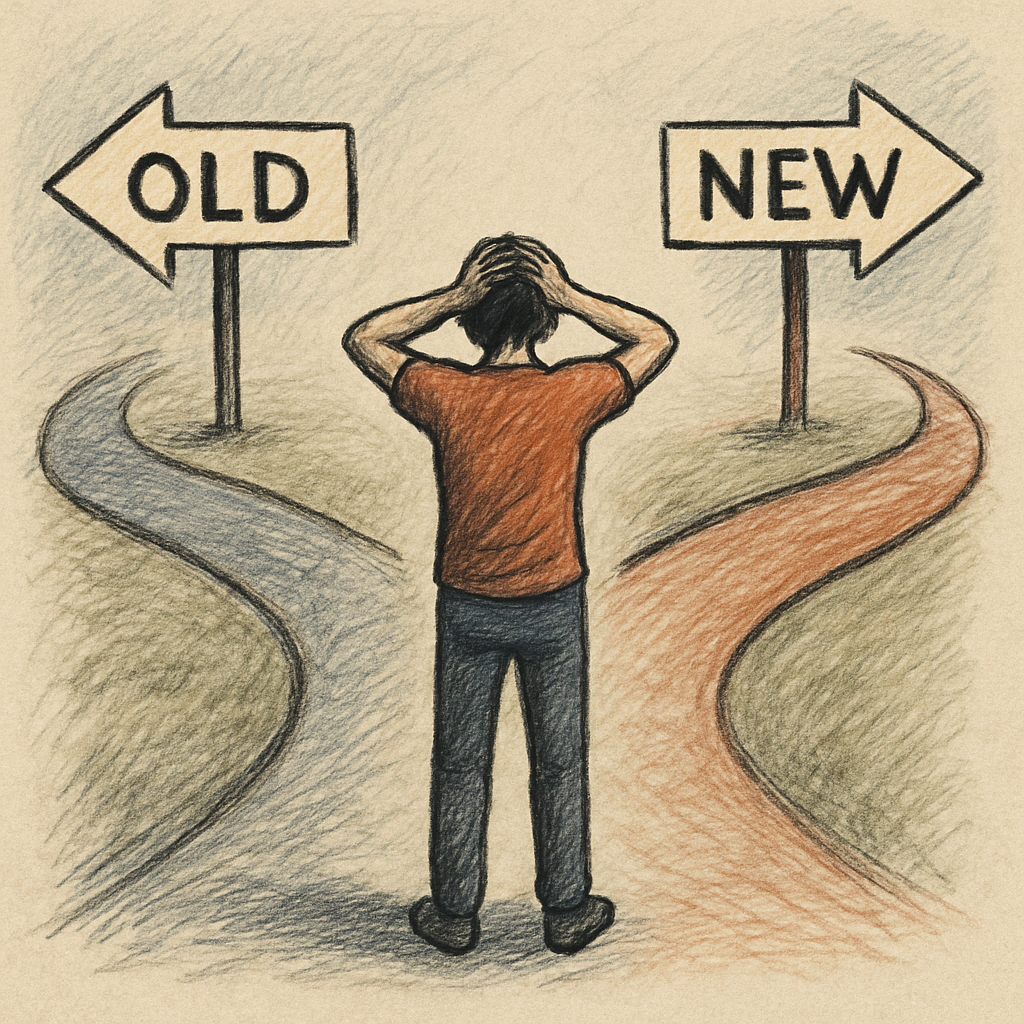How to replace unhealthy addiction activities with healthy and rational choices
 We experience different states of consciousness every day. At work, we must stay “on,” stay focused, respond carefully, etc. At home, we like to “zone out,” to not be “on,” to relax. We also all enjoy a different state of consciousness: sleep.
We experience different states of consciousness every day. At work, we must stay “on,” stay focused, respond carefully, etc. At home, we like to “zone out,” to not be “on,” to relax. We also all enjoy a different state of consciousness: sleep.
But at other times, many of us also like something very different from either our “on,” focused, responsible state or our relaxed, “zoned out” state. Some chemicals and activities help us achieve these different states, e.g., alcohol, skiing, sex, internet gaming, dancing, etc. For many people, these result in wonderful states of consciousness, and they manage not to overdo them or get addicted to them. But supposing you are not so lucky and become dependent or addicted.
The dopamine rush
Modern neuroscience suggests that we all need a certain level of dopamine to feel okay.
With dopamine, we act; without it, we don’t. Too much or too little can be a problem. Novelty, challenge, alcohol, sex, cocaine, chocolate…all lead to a spritz of dopamine (or a tsunami). Even just thinking about doing something that has led to pleasing feelings in the past will cause dopamine to be released…and then action may follow, but not always good action. And if you blitz your dopamine system too often, only that drug or activity you used may “ring your bell” in the future. This is why vitamins for drug detox include C vitamins, which can stimulate the production of dopamine, often un-naturally low after prolonged substance use.
Alternatives to addictive behaviors are required for successful addiction recovery.
Steps to living healthy
1. Accept the gap.
If you continually get in trouble with a particular chemical or activity, you will have to accept the “gap.” There is a gap between what you want to do in the short-run and what you can do, without messing up your life. And you can make things worse by demanding that that gap go away or not exist.
2. Set goals.
You won’t give up a favorite state of consciousness – something you like very, very much – without having a larger or more important goal that you want even more…or perhaps many goals, for example, good relationships, meaningful work, and the ability to have fun doing other things like fishing or cooking.
3. Do what is good for you.
What “rings your bell” or “lifts your spirits” but does not wreck your life? Those are the things you should do more of. Some, like music, give an immediate lift. Others, like relationships, yield their lift at various times and places. The lift is not so immediate and apparent but it’s no less important. You can sense what lifts your spirits. Initially, partly because you have whacked your dopamine system and it will take time to repair itself, nothing may ring your bell. But, given some time, you can watch which activities lead to a richer, more enjoyable life and which lead to more chaos and misery.
4. Expect down times.
Nothing will work all of the time. Why do Americans think they should be happy all or most of the time? Our moods are like the weather. There are gray days and stormy days, as well as sunny days. So find other ways to lift your spirits, spritz your spritzer and lift your dopamine levels. At the same time, resist your demand to close the gap. Where is the evidence that you can’t stand it?! And why is it so horrible that your mood is gray in the first place?
Change and acceptance
And, paraphrasing a prayer by Neibuhr for those who do not believe in a “Higher Power”:
May we learn how to change the things we can change, how to accept the things that we cannot change and how to cultivate the wisdom to know the difference.
This is the challenge. When we accept it, we will feel better – not always, but often.
Source: AddictionBlog.org




